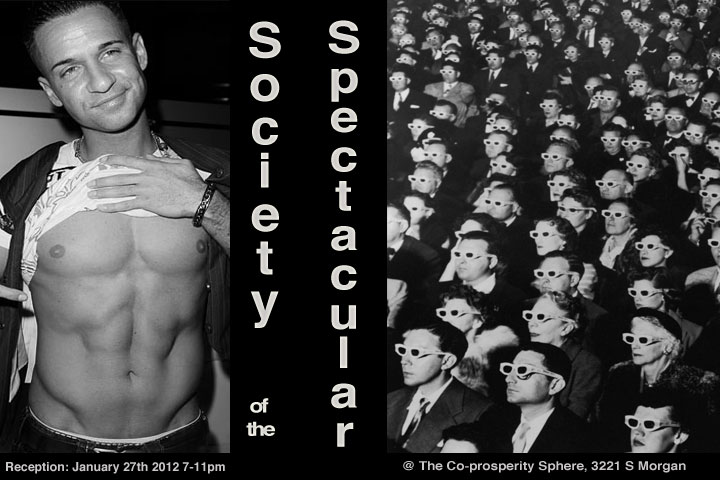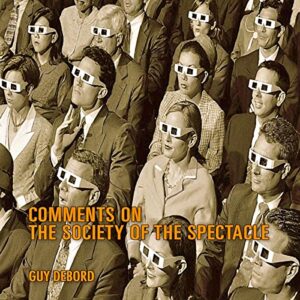


2 Its intended audience were all ‘those who are enemies of the existing order and who act efficaciously, starting from this position’, 3 not the academics and cultural commentators who would later come to adopt it. 1 Following the book’s publication in 1967, he and the Situationist International (SI) declared that it sought ‘nothing other than to overthrow the existing relation of forces in the factories and the streets’, and that it ‘makes no attempt to hide its a priori engagement’ in revolutionary social change.

Pointing the finger clearly at those who benefit from the logicof domination, Debord's Comments convey the revolutionary impulse atthe heart of situationism.The Society of the Spectacle was written, as Guy Debord once put it, ‘with the deliberate intention of doing harm to spectacular society’. Resolutely refusingto be reconciled to the system, Debord trenchantly slices through thedoxa and mystification offered tip by journalists and pundits to showhow aspects of reality as diverse as terrorism and the environment, theMafia and the media, were caught up in the logic of the spectacularsociety. In Comments on the Society of the Spectacle, publishedtwenty years later, Debord returned to the themes of his previousanalysis and demonstrated how they were all the more relevant in aperiod when the "integrated spectacle" was dominant. Credited by many as being the inspiration for the ideasgenerated by the events of May 1968 in France, Debord's pitiless attackon commodity fetishism and its incrustation in the practices of everydaylife continues to burn brightly in today's age of satellite televisionand the soundbite. First published in 1967, Guy Debord's stinging revolutionary critique ofcontemporary society, The Society of the Spectacle has since acquired acult status.


 0 kommentar(er)
0 kommentar(er)
